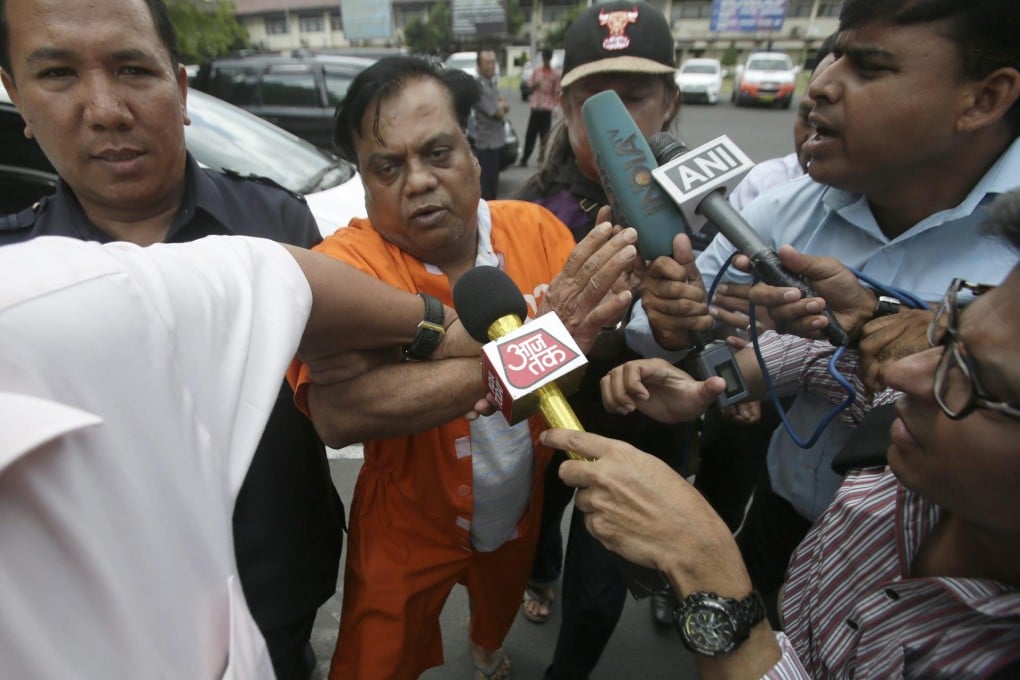Law catches up with Mumbai 'mafia don' after 30 years on the run in Australia, Thailand and Indonesia
Long-term fugitive was on the run in Thailand, Australia and Indonesia for nearly 30 years but will return to India to face more than 75 charges

From humble origins as a cinema ticket tout, Rajendra Sadashiv Nikalje - known as Chhota Rajan - rose to run powerful organised crime networks in Mumbai in the 1980s before fleeing justice. Now, after almost 30 years on the run, he's coming home.
Authorities in Indonesia detained the 55-year-old in Bali last week, ending one of the most high-profile and long-lasting manhunts in Asia.
Interior ministry officials in Delhi refused to comment on the detention, citing security concerns. But deportation formalities have been fast-tracked and Rajan, who is facing more than 75 charges including scores of murders, was to be flown to Delhi on Tuesday but Bali's airport was closed due to volcanic activity.
When he returns to India, he will likely be held in the capital's high-security Tihar jail.
His capture is thought to have been orchestrated by Ajit Doval, national security adviser to Indian Prime Minister Narendra Modi and has been hailed as a "major achievement" by local media.
A close associate of Dawood Ibrahim, a gang boss who is currently India's most wanted fugitive, Rajan made huge sums from extortion rackets targeting the Bollywood film industry.